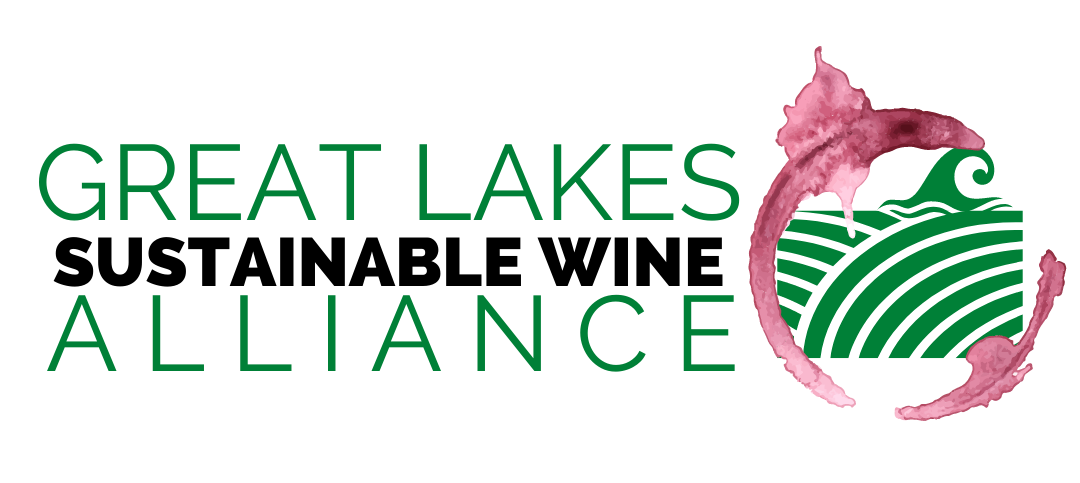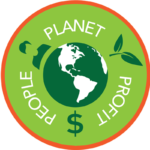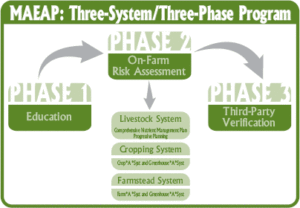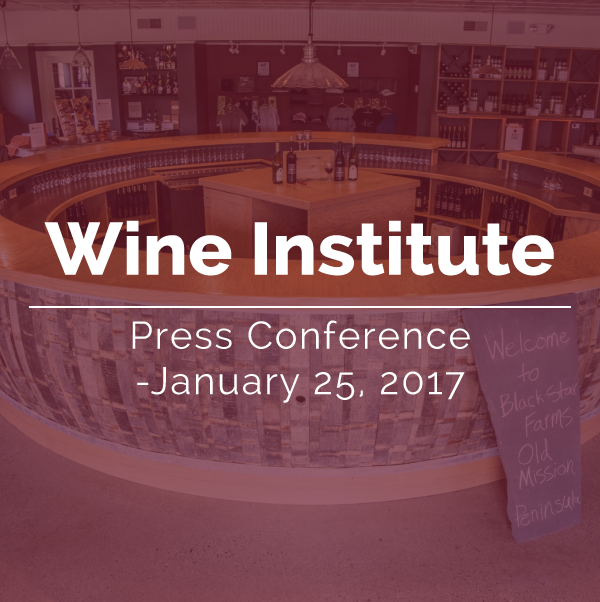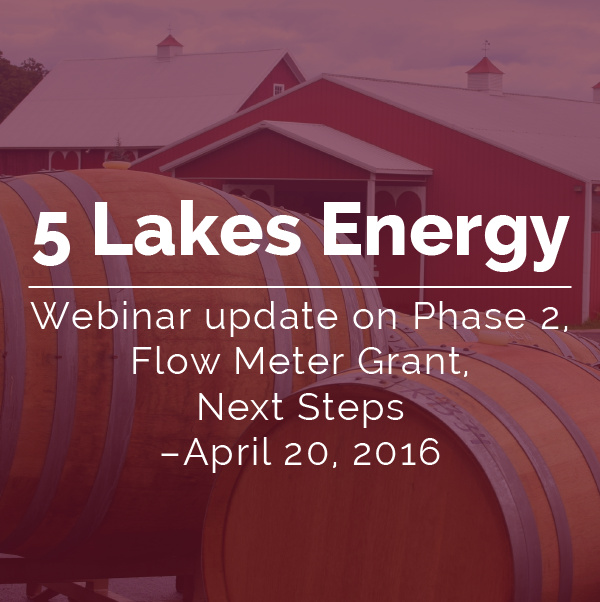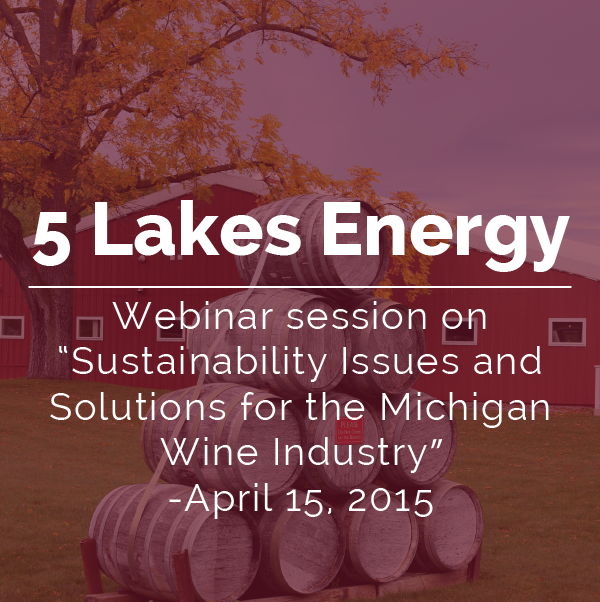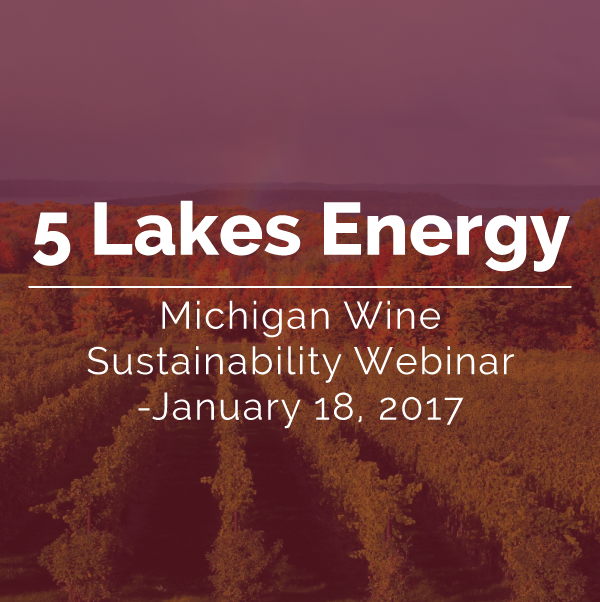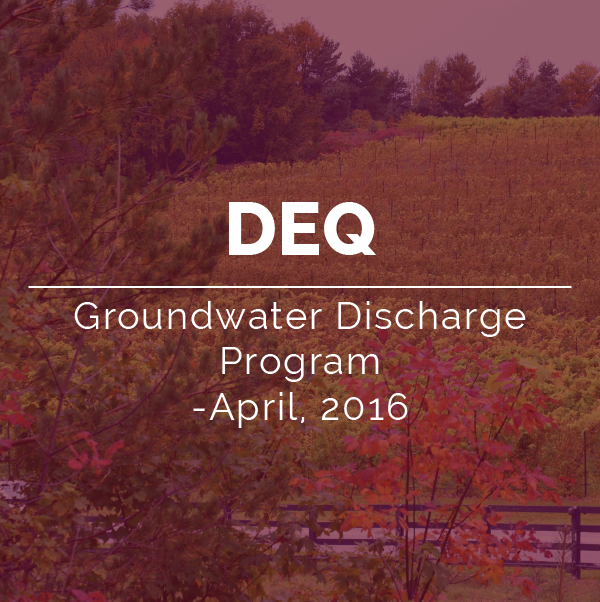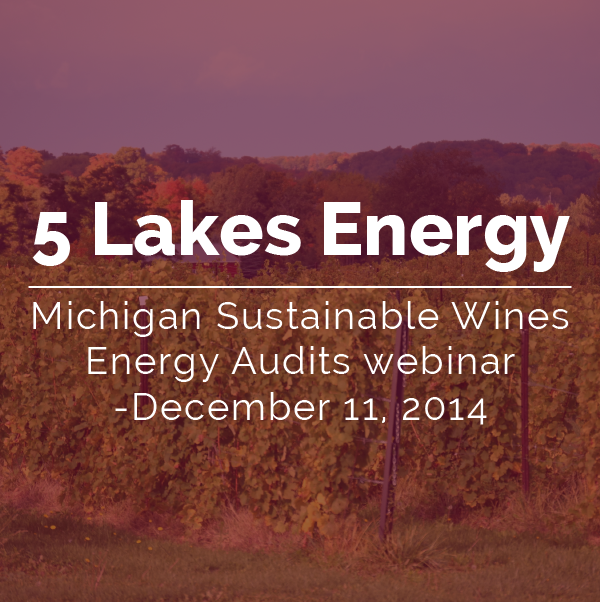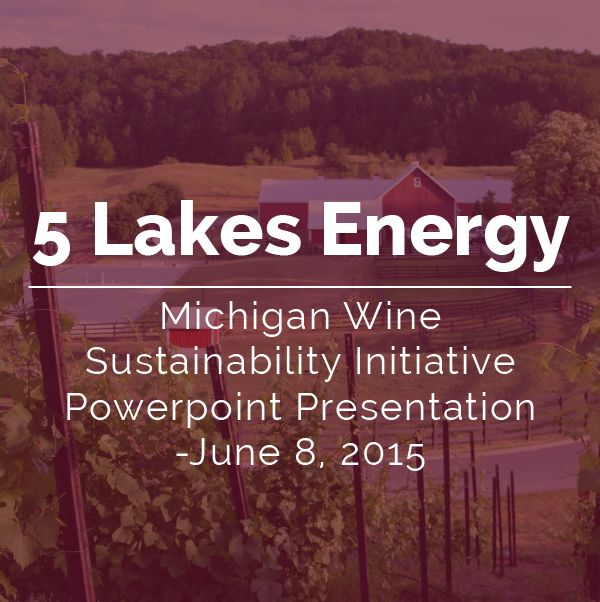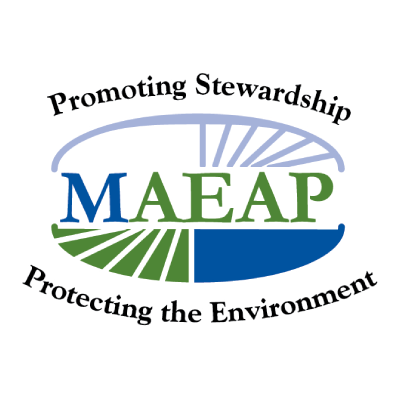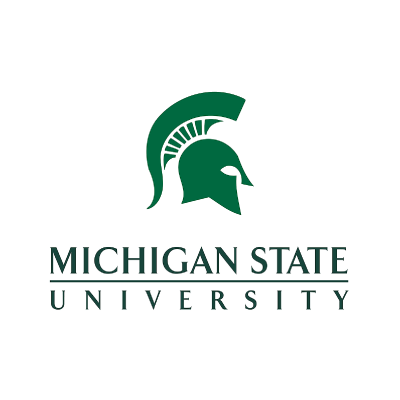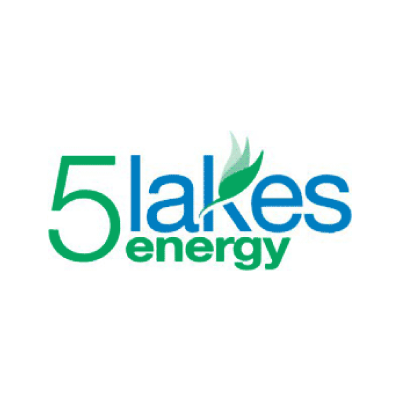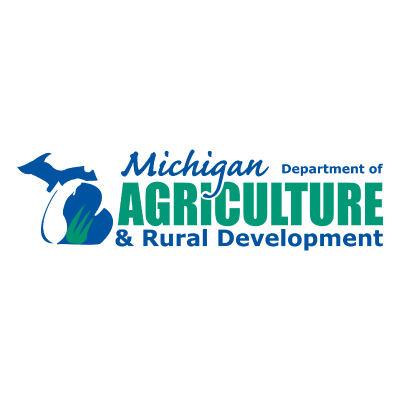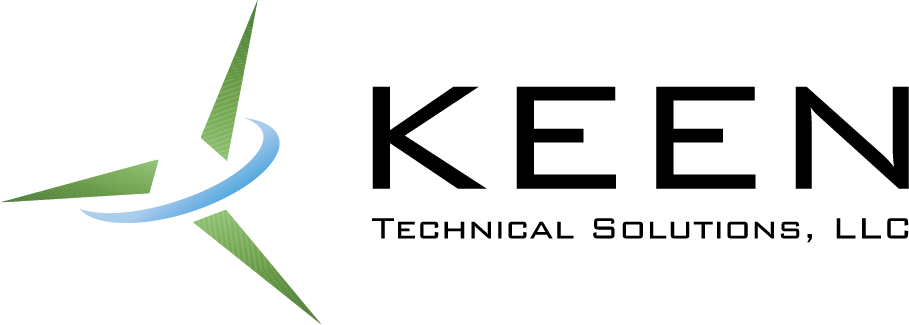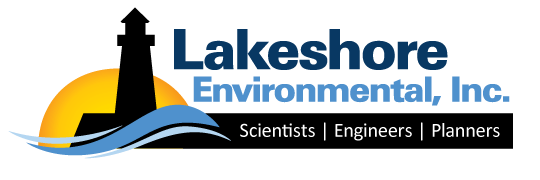MSU Sustainable Agriculture App
The Sustainability Management (SAM) Tool’s primary goal is to streamline decision-making for growers, delivering time and cost savings while boosting consumer confidence in Michigan wine. By offering accessible comparative data on risk, efficacy, weather conditions, and easy access to pest scouting information, the SAM Tool empowers growers to make informed decisions that balance cost, effectiveness, and the environmental impact of their practices. This comprehensive approach aids growers in reducing chemical usage, thus fostering sustainable farming practices throughout the Michigan wine industry.
The app boasts a range of features designed to enhance user experience and support
sustainable production practices. These include robust data security and accuracy measures, mapping of sub-fields, auto-populated spray records, and warnings about consecutive use of the same pesticides to mitigate the development of pesticide-resistant pests.
Additionally, the app offers an intuitive spray calendar that integrates Restricted Entry Interval (REI) and Pre-Harvest Interval (PHI) information, task assignments, centralized communication, schedule reminders for managers and workers, and the capability to upload photos and scouting notes directly from the field. Furthermore, the app facilitates data recording from remote sensors, aiding in comprehensive monitoring and analysis.
The SAM Tool empowers growers by providing comparative health and environmental risk
values, as well as a pesticide efficacy index, enabling informed decision-making for sustainable production. Moreover, it includes built-in functionalities for scoring and inspecting workbooks, aligning with third-party certification programs such as VineBalance.
CLICK HERE TO ACCESS TO SAM TOOL!


